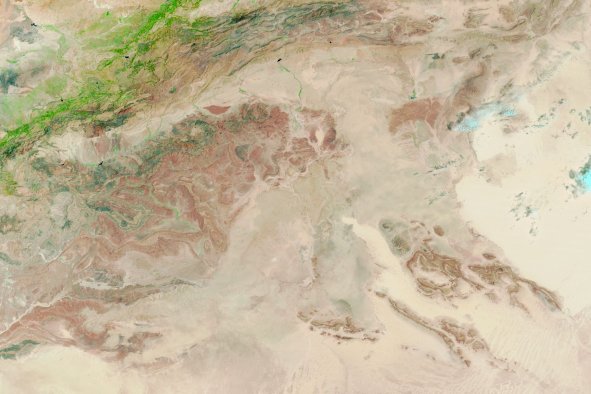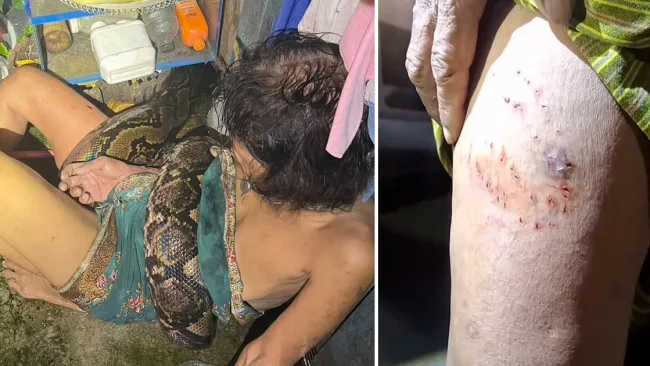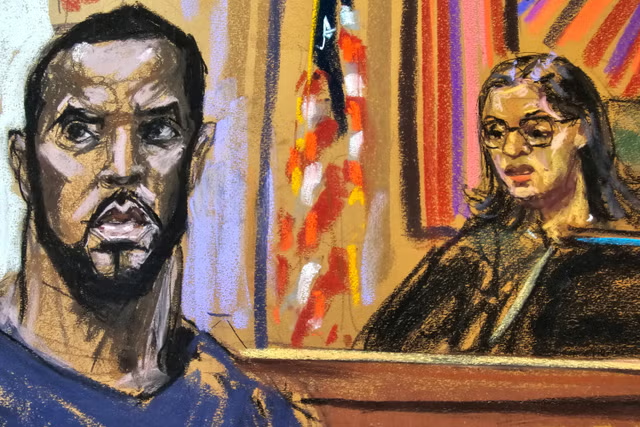At least 30 people have been killed in the past two weeks in Mexico's northern state of Sinaloa as rival factions of the powerful Sinaloa cartel continue to clash. Mexican Defense Secretary Luis Cresencio Sandoval confirmed on Tuesday that the deaths include two military personnel.
The fighting began on September 9, despite the presence of more than 2,000 security forces in the area.
The violence surged after Joaquín Guzmán López, a son of former Sinaloa cartel leader Joaquín "El Chapo" Guzmán, arrived in the U.S. on July 25. He landed near El Paso, Texas, along with Ismael "El Mayo" Zambada, the cartel's elder leader. Zambada, after his arrest, claimed he had been abducted by Guzmán López and taken to the U.S. against his will.
Now, a power struggle seems to be unfolding between the sons of El Chapo, known as "the Chapitos," and those loyal to Zambada. The violence in Culiacán, the capital of Sinaloa, has paralyzed the city. Schools have been closed, businesses are shuttered, and transportation is scarce as residents fear being caught in the crossfire.
The recent clashes are just one example of the increasing violence in Mexico. Cartels have adopted more advanced warfare tactics, including the use of roadside bombs, trenches, homemade armored vehicles and even drones capable of dropping bombs.
Since last week, Culiacán has seen a wave of fear and chaos. Governor Rubén Rocha suspended schools and Mexican Independence Day festivities over the weekend. School resumed Tuesday, but tensions remain high.
To restore order, Sandoval said 2,200 armed forces and National Guard members were sent to reinforce security in the area. He did not rule out sending more troops if needed.
However, Jesús Leana Ojeda, the regional army commander, acknowledged that the military cannot calm the situation on its own.
"It depends on the antagonistic groups to stop confronting each other," he said during a news briefing. "We, on the contrary, are here to prevent them from having confrontations and the loss of human lives."
Despite the additional military presence, the situation is volatile. Outgoing President Andrés Manuel López Obrador said the armed forces are working to protect the population and prevent clashes.
Throughout his presidency, López Obrador has pushed his "hugs, not bullets" policy, which seeks to avoid direct confrontations with the cartels. His strategy focuses on addressing the root causes of crime, offering job training programs to help young people avoid being recruited by criminal organizations.
President-elect Claudia Sheinbaum has said she will maintain López Obrador's security approach. However, the ongoing violence highlights the difficulties the government faces in battling organized crime.
This article includes reporting from The Associated Press.
Disclaimer: The copyright of this article belongs to the original author. Reposting this article is solely for the purpose of information dissemination and does not constitute any investment advice. If there is any infringement, please contact us immediately. We will make corrections or deletions as necessary. Thank you.




